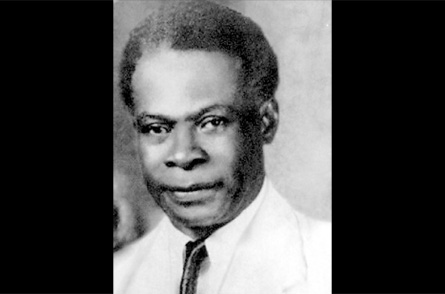Dear Editor,
We have noted the letter titled ‘Save Pinnacle for RasTafari’ which was published in your newspaper on Thursday, December 05, 2013.
In reference to Pinnacle (located within the De la Vega Heights development) the writer stated “the Jamaican State has made the site a national heritage site, and wishes to evict whoever lives on it” — giving the impression that the Jamaica National Heritage intends to or is in the process of evicting the people occupying the property. This is not the case and we seek to correct that misconception by stating the facts.
The Jamaica National Heritage Trust is the only entity with the remit to declare a national monument. The Jamaica National Heritage Trust Act, 1985 gives the JNHT the authority to “declare to be a national monument any structure the preservation of which is, in the opinion of the Trust, a matter of public interest by reason of the historic, architectural, traditional, artistic,
aesthetic, scientific or archaeological interest attaching thereto.”
The JNHT has identified five lots within the De la Vega Heights development which have particular significance in being associated both with Leonard Howell, the founder of Rastafari and the Rastafari movement itself. Having been a process fraught with controversy and objections over the past five years, the Trust determined by board decision of May 16, 2013 that it would proceed with the declaration of lands registered at Volume 1396 Folio 447 known as Lot 199 on the plan of De la Vega Heights, which all stakeholders without dissension agreed should be declared.
This site, on which the ruins of the former home of Mr Howell is located, was declared as a national monument in September 2013.
It is of note that the ownership of the site was a matter before the Spanish Town Resident Magistrate’s court which was resolved. It is however of greater note, that the Trust has no legal interest in the ownership of a national monument site beyond the service of notices related to the declaration and for record keeping.
The declaration imbues the Trust with a regulatory jurisdiction and does not give either the Trust or any other party proprietary rights over the declared property. A declaration recognises the national heritage significance of a particular site. Through it, any alteration of that declared site must be approved by the Trust which would then have been entrusted with protecting its heritage integrity.
We hope this clarifies the matter.
Dorrick Gray
Executive Director (Acting)
Jamaica National Heritage Trust
Like our Facebook page https://www.facebook.com/jamaicaobserver
Follow us on Twitter https://twitter.com/JamaicaObserver


